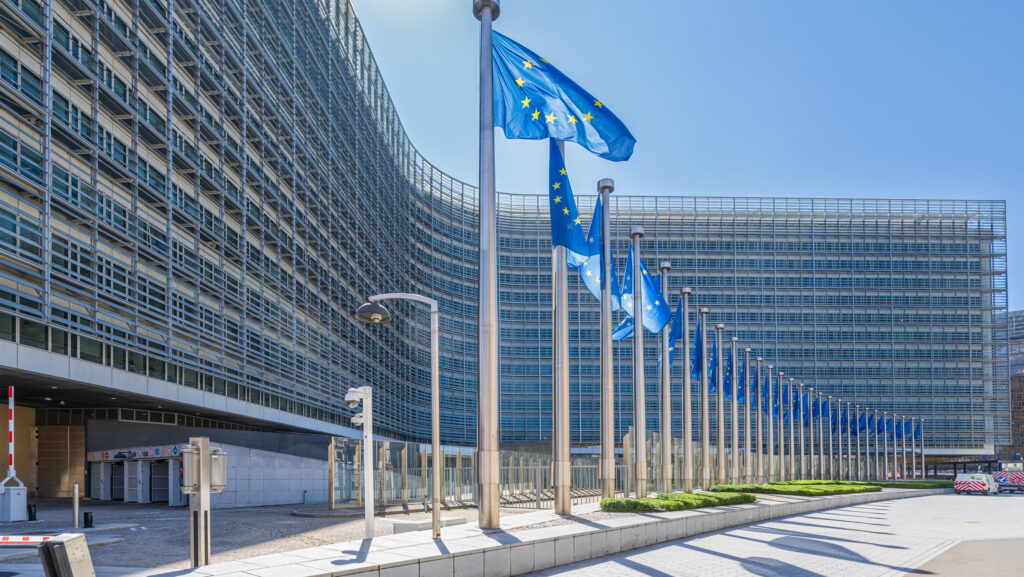Opinion: Stop defending Brexit fantasy and start telling the truth
 Berlaymont, Brussels © Adobe Stock
Berlaymont, Brussels © Adobe Stock In the years since Brexit, British agriculture has become caught in a peculiar double bind.
We’re told to look forward, not back. To embrace change. To take responsibility.
But at the same time, we’re discouraged — even punished — for speaking plainly about how we got here.
See also: Fruit and veg import checks scrapped ahead of UK-EU deal
About the author

Matthew Mountain
Matthew Mountain is a director of Mountain Farms, based in Lincolnshire.
Here he rues the impact of Brexit and the consequences of a shrinking economy.
The result? A policy vacuum filled with half-truths, performative outrage, and influencers playing to the algorithm instead of the evidence.
Yes, that includes “ag influencers”…
Before Brexit, more than 60% of UK agricultural exports went to the EU, tariff-free.
We had stable access to a single regulatory framework that gave UK food producers the confidence to invest.
In turn, strict import rules kept chlorinated chicken, hormone-treated beef, and crops grown with banned chemicals like paraquat and fipronil off our shelves.
That deal has gone. And in its place? A patchwork of “opportunities” that mostly benefit large importers and the political optics of sovereignty.
New trade deals now undercut British farmers with cheaper imports grown under conditions we could never legally match.
Ricardo’s law of comparative advantage — deliberately misappropriated by Tufton Street — only works when the rules are equivalent. And they’re not.
Worse, many who led the charge for Brexit have pivoted without pause.
Some now appear on GB News decrying the unfairness of being undercut — ignoring their role in creating the very conditions they now condemn.
That the same network is owned by Paul Marshall — whose Legatum Institute helped sell the myth of a deregulated agrarian utopia — seems not to trouble them.
Meanwhile, farmers who raise uncomfortable truths risk isolation.
The damage began with Brexit — but it hasn’t ended there.
Labour doesn’t need to say it hates farmers. Its fiscal plans speak clearly enough.
Agriculture is simply the next sector to be “managed down,” as forewarned by agricultural economists such as Sean Rickard.
But this isn’t just ideological punishment. It is one of the bills for Brexit — and the plans for agricultural property relief (APR) is one of the handmaidens of that failure.
Would APR be in the Treasury’s crosshairs if we were still inside the single market and customs union? Of course not.
The Office for Budget Responsibility estimates Brexit will shrink UK productivity by 4% and trade by 15% — wiping £90bn/year off the economy.
In that context, Labour’s planned APR cap — expected to raise £500m annually by 2027, rising to £2bn by 2030 — isn’t some bold new policy. It’s fiscal triage for a self-inflicted wound.
So why do many of the same farmers who cheered Brexit now protest the consequences, but stay silent on the cause?
That dissonance isn’t just frustrating – it’s fatal.
If we’re serious about defending British farming, we need to stop defending a fantasy.
The Tories built Brexit. Labour whipped it. Now Labour owns it — and shows no intention of reversing course.
They could announce a path to rejoin tomorrow. They won’t.
Brexit is now a cross-party silence project — and it’s farming that pays the price.
